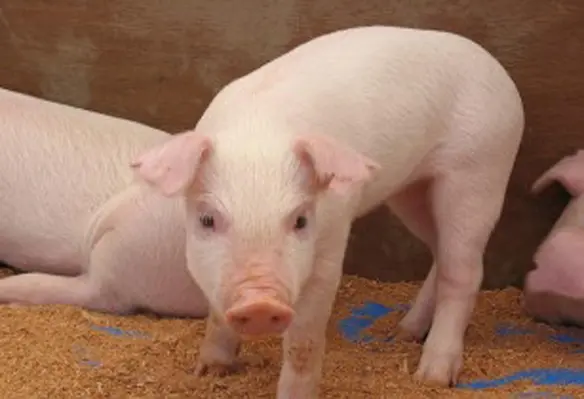The rapid onset of African Swine Fever (ASF) in China and its detection in areas more than 1000 km apart within the country pose significant threat about the spread to other Asian countries anytime, according to the UNs Food and Agriculture Organisation (FAO)
“There is no effective vaccine to protect swine from the disease. And, while the disease poses no direct threat to human health, outbreaks can be devastating with the most virulent forms lethal in 100 per cent of infected animals,” said FAO.
So far, in efforts to control the spread of the disease, Chinese authorities have culled more than 24,000 pigs in four provinces. China is a major pig producing country and accounts for approximately half the global population of swine, estimated at 500 million. Its value chain involves a very large and wide range of producers from small family holdings to large-scale commercial operators.
While this is not the first time ASF has been detected outside of Africa – outbreaks in Europe and the Americas date back to the 1960s – its detection and diverse geographical spread of the outbreaks in China have raised fears that the disease will move across borders to neighbouring countries of Southeast Asia or the Korean Peninsula where trade and consumption of pork products is also high.
FAO’s Emergency Centre for Transboundary Animal Diseases (ECTAD) is communicating closely with authorities in China to monitor the situation and to respond effectively to the outbreak inside the country, as well as with authorities in neighbouring countries, to raise the importance of preparedness to respond to the threat of further spread.
“FAO began working with China’s Ministry of Agriculture and Rural Affairs a few years ago and, together, we have set up an ASF contingency plan and developed diagnostic capacity,” said Wantanee Kalpravidh, FAO-ECTAD’s regional coordinator. “We have also jointly developed a Field Epidemiology Training Programme for Veterinarians which aims to strengthen epidemiological investigation, disease situation tracking, risk assessment and emergency preparedness,” Kalpravidh added.
“Outbreaks such as this one are important reminders to us all that we must work together in a multilateral and inter-governmental effort to prevent and respond to outbreaks of animal diseases because these diseases know no borders,” said Kundhavi Kadiresan, assistant director-general and regional representative at FAO for Asia and the Pacific.
“Good communication and coordination with the region’s private sector is essential to strengthen cooperation in ASF prevention and control,” she added.




